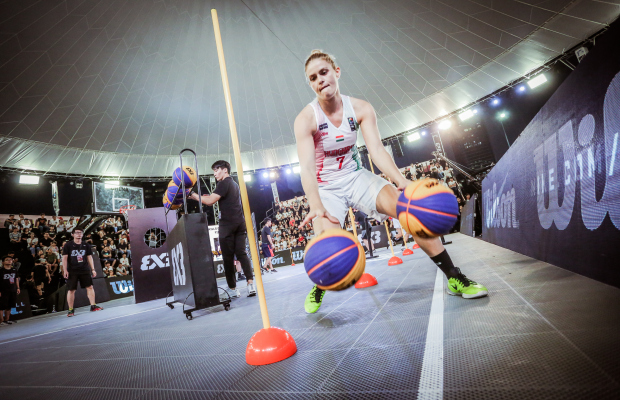While time is the best antidote for culture shock, people can take proactive steps to prevent or alleviate it:
- Anticipate it ahead of time.
Understand that going to a new place (or returning to your home country) will not be as easy as it sounds and prepare mentally for a period of adjustment.
- Try to learn about the new country/culture.
Understand the reasons for cultural differences.
- Be aware of the symptoms.
Once you realize that you are experiencing culture shock, you can then take steps to deal with it.
- Remember that it’s normal to feel this way.
Stay proactive and don’t focus too much on the negative aspects of transitioning.
- Ask for help.
Be honest, in a judicious way, about feeling disoriented and confused. Ask your teammates or national federation for helpful resources. People want to help you adjust because the faster you feel at home, the more focused you can be on playing basketball.
- Keep in touch with home, but don’t be dependent on home.
Remember to reserve time for settling into your new surroundings and meet new people.
- Make room for familiar practices.
Doing the things you usually do will make life feel more “normal” in your new location.
- Make friends with other expats.
Many of your teammates, coaches and trainers may be expats as well, so they have probably experienced many of the same challenges (and adventures) that you will. Get to know them and share your thoughts, frustrations, and observations.
- Make friends with local residents and join local groups.
Don't seal yourself off—try to meet and socialize with the locals. You may find that local residents offer many opportunities to engage with the culture directly. Making friends with locals will help you feel like you are part of the culture.
- Don't indulge in thoughts of home.
Stop constantly comparing it (favourably) to your host country and accept the differences.
